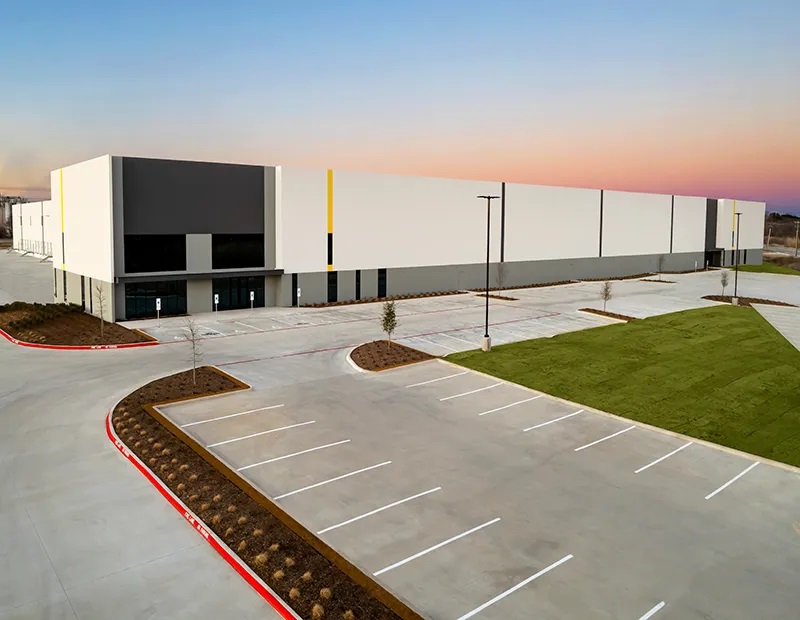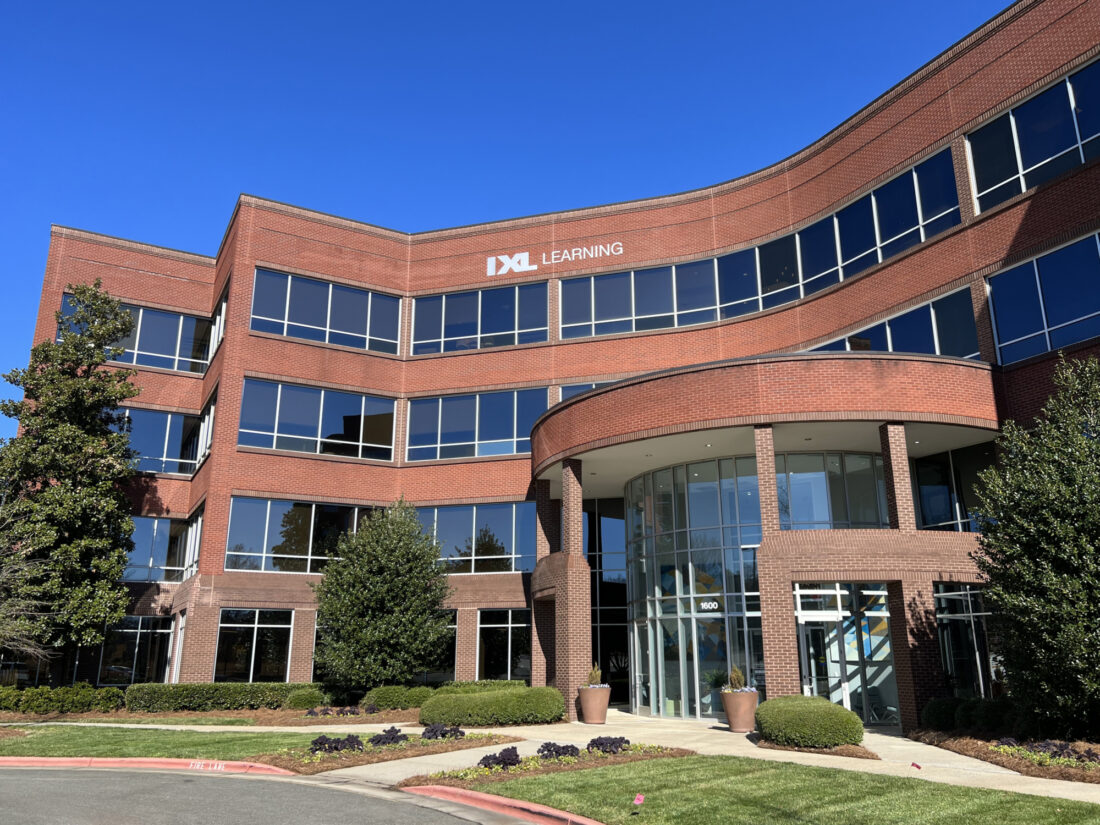Inflationary Measures
While the country worries about inflation, the commercial real estate industry remains generally optimistic about its ability to withstand economic challenges. For good reason.

While the country worries about inflation, the commercial real estate industry continues to trade properties, well funded by the financial markets. It’s a road we’ve been down before, with mixed results. The most recent pain was exacerbated by lack of discipline and accountability leading into the savings-and-loan crisis of the late ’80s/early ’90s and the Great Recession just over a decade ago, leading to some dire consequences for real estate.
On the other hand, a steadily greater attention to economic and property performance over the past few decades has produced a better-than-expected response to less extensive economic dips and downturns.
As we close in on the two-year anniversary of an unprecedented pandemic during which office buildings have remained largely unoccupied, hotels are still recovering and the federal government has invested trillions to buoy the economy, the commercial real estate industry is, nonetheless, generally optimistic about its ability to persevere once again.
Perhaps the recent short and shallow economic downturns (Great Recession aside) have bred overconfidence. But there may also be good reason for the positive outlook in the face of anticipated inflation and interest rate hikes. As Yardi Matrix Research Director Paul Fiorilla points out in his report on the January CRE Finance Council conference, even the hardest-hit property sectors are recovering from COVID-induced revenue loss, which puts the industry in a good position to withstand rising interest rates. In fact, he notes, real estate may be a good hedge against inflation. (He offers a more extensive analysis in his mid-December article “Inflation Fears and Commercial Real Estate.”)
The CMBS market is also entering this period in a stronger position, as Scott Baltic observes in “Will 2022 Be Another Boom Year for CMBS?” Bond buyers remain active, lending parameters have stayed disciplined, and delinquencies have continued to decline since their early pandemic peak. That’s not to say the industry is inflation proof, or even recession proof. Rising interest rates could reduce property values and demand for financing, Baltic notes. But CMBS volumes rose so much last year that there’s plenty of room for the market to slow.
Mortgage originations also rose last year, with growth across respondents to our annual survey of mortgage bankers and brokers averaging 42.4 percent in the year ending in September 2021 over the previous period. In the year ahead, more than 90 percent expect continued growth, with one-third anticipating expansion greater than 25 percent. (Check out our ranking of the Top 20 Commercial Mortgage Banking and Brokerage Firms, as well as our follow-up ranking of the fastest-growing mortgage banking and brokerage firms.)
Real estate investment and financing always require some balance between risk and reward. As the Fed takes on economic challenges, it may be time to reconfirm your risk appetite and respond accordingly.







You must be logged in to post a comment.